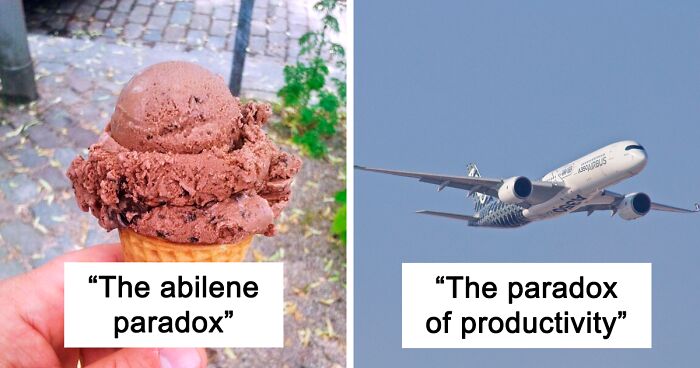
Guy Makes A List Of 13 Modern Life Things That Sound Illogical, But Are Actually True
Many view paradoxes as a form of thought exercises philosophers and thinkers in general dabble in, and not something that would actually be applicable in real life on a practical scale.
Well, paradoxes do happen in life. Writer and podcaster David Perell recently went to Twitter to share what he calls the ‘Paradoxes of Modern Life.’ He listed 13 of them, each more interesting than the other.
And many have found this a rather interesting read as the thread soon went viral on Twitter.
More Info: Twitter
Say what you want, but paradoxes are cool, and this writer shared some of his own about modern life
Image credits: david_perell
So, this week, David Perell, a writer, podcaster, and owner of the Write Of Passage writing school, shared a tweet thread detailing 13 thought-provoking ‘Paradoxes of Modern Life.’
Each of them came with its own title, like the Paradox Of Reading, the Paradox of Creativity, and the Paradox of Originality, among many others.
He provided a total of 13 paradoxes that he called ‘Paradoxes of Modern Life’
Image credits: david_perell
While some seem to be hinting at more global phenomena, like the idea of consensus and the abundance of information, others are more personal—like the aforementioned paradox of creativity or of reading.
If you’re not aware, a paradox is a statement that manages to contradict itself or is contradictory to one’s expectations. You might also want to check out Wikipedia’s extensive list of paradoxes as well to get a fuller picture.
The Paradox Of Originality says that nothing is really original, and exemplifies with famous artists
Image credits: Jean Francois Millet, Vincent van Gogh
Image credits: La Sieste by Millet, 1866, and by van Gogh, 1889
Image credits: Les Premiers Pas by van Gogh, 1890, and Millet, 1853
Image credits: david_perell
Take David’s Paradox of Reading, for instance: “The books you read will profoundly change you even though you’ll forget the vast majority of what you read.” It gives the idea that books have a great impact on who we are, despite us not really remembering most of what is written in them.
Another very good one is the Productivity Paradox, which he explains as “we keep inventing things that save us time, but it feels like we have less time than ever before.” And it’s quite likely that these same things that we invent are taking up our time!
David also provided more information with the Paradox of Abundance
Image credits: david_perell
Twitter liked this short list of paradoxes, leading to the thread gaining over 23,000 likes with over 7,000 retweets. Some people were eager to debate and discuss these in more detail, while others started suggesting their own paradoxes in response to David’s thread.
Image credits: david_perell
One user suggested the “Rookie-Sage” Paradox, whereby “a complete novice and a total master often use the same approach.”
Another user gave an existential one: “The Paradox of Prosperity: Although on average we’re living better today than anyone has ever done, our personal experience of life makes us feel like we haven’t made much progress.”
Yet another one jested the following: “The Paradox of Twitter. It was created to share snippets of information. Now people create these mega-threads.”
Image credits: david_perell
You can read through the entire thread and people’s comments here. But before you go—came up with some paradoxes of your own while reading or have thoughts about David’s paradoxes? Why not let us all know in the comment section below!
Check out how people online reacted to this
Image credits: namehra
Image credits: FortuneChuku
Image credits: rutik_k_jadhav
Image credits: babu4478
Image credits: tgruz
Image credits: TechnicallyRoz
Image credits: POC4
Image credits: _ahmah_
201Kviews
Share on FacebookMost of those were not examples of a paradox. Perhaps an example of a paradox might be that if someone were to keep trying to find a paradox where there is no example of one that they will always fail.
Eh, I've seen it used like that in science, where theory meets hard data. In that context it means "real-world outcome fundamentally opposes conclusion drawn from logic". Of course, you can't get the true paradoxes from philosophy because the real world wins over theory and gut feelings every time, and any "paradox" means that your theory is crucially flawed (often, it is used to prove exactly that). It's just a handy word for a fundamental disagreement between conclusions (data and logical).
Load More Replies...Here's an interesting paradox: You only know something deeply if you can explain it to a small child.
Our history teacher told us that on the exam, we should write our short answers as if we are explaining the concepts to a 5-year-old child with no idea what history is like. He said that only then will we show that we didn't simply memorize the definitions, but truly understood the material.
Load More Replies...Most of those were not examples of a paradox. Perhaps an example of a paradox might be that if someone were to keep trying to find a paradox where there is no example of one that they will always fail.
Eh, I've seen it used like that in science, where theory meets hard data. In that context it means "real-world outcome fundamentally opposes conclusion drawn from logic". Of course, you can't get the true paradoxes from philosophy because the real world wins over theory and gut feelings every time, and any "paradox" means that your theory is crucially flawed (often, it is used to prove exactly that). It's just a handy word for a fundamental disagreement between conclusions (data and logical).
Load More Replies...Here's an interesting paradox: You only know something deeply if you can explain it to a small child.
Our history teacher told us that on the exam, we should write our short answers as if we are explaining the concepts to a 5-year-old child with no idea what history is like. He said that only then will we show that we didn't simply memorize the definitions, but truly understood the material.
Load More Replies...
 Dark Mode
Dark Mode 

 No fees, cancel anytime
No fees, cancel anytime 


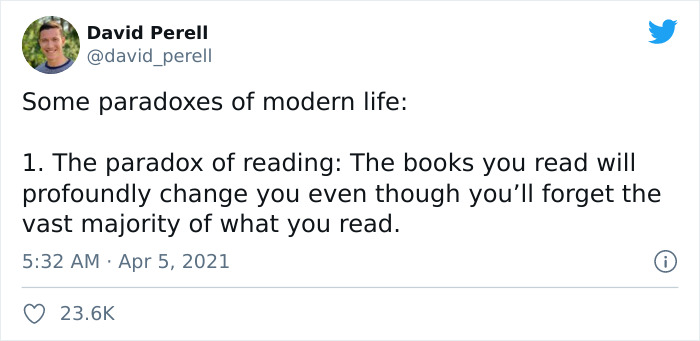
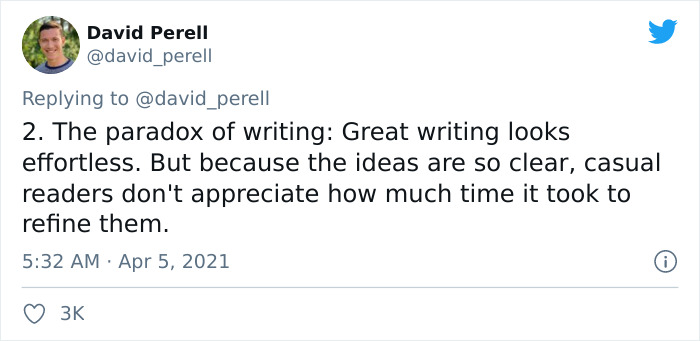
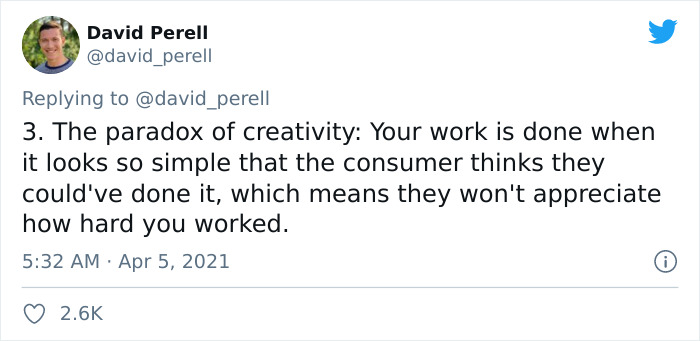
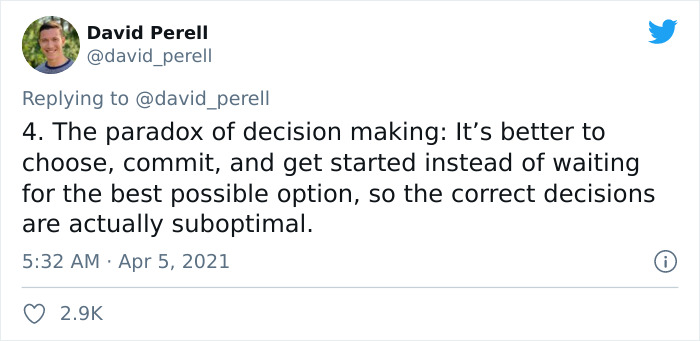
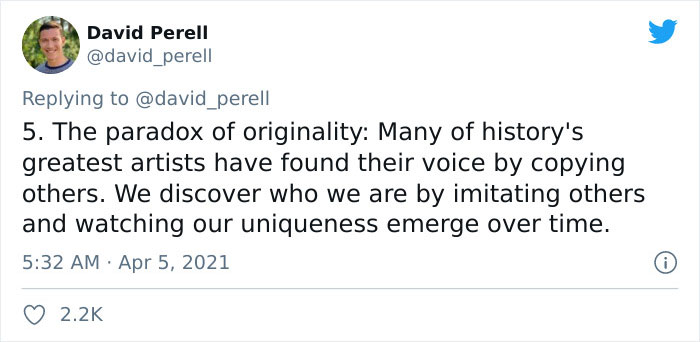
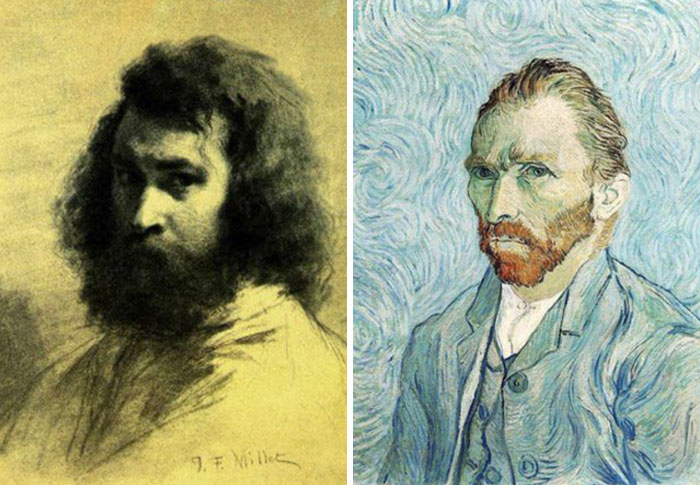
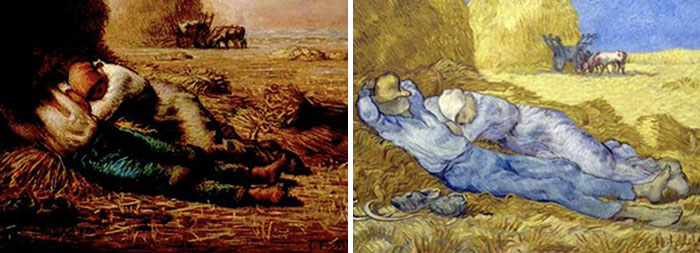
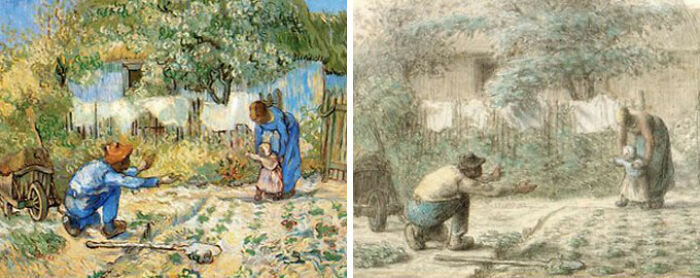
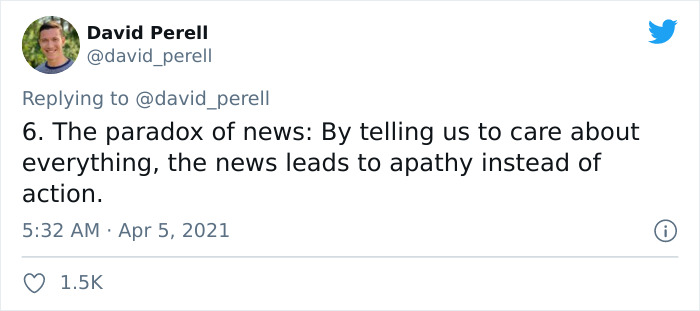
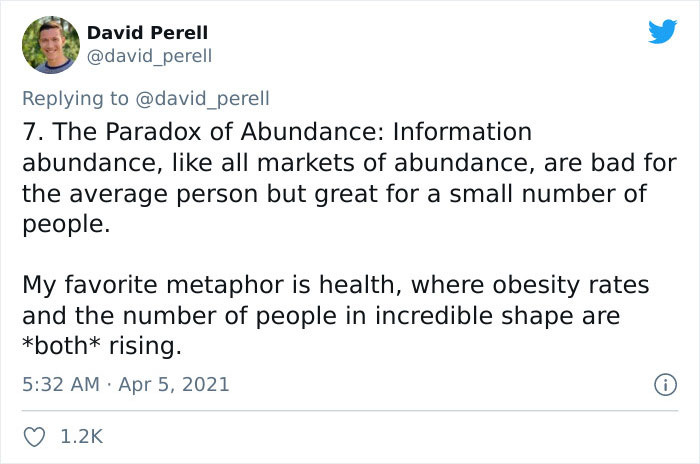
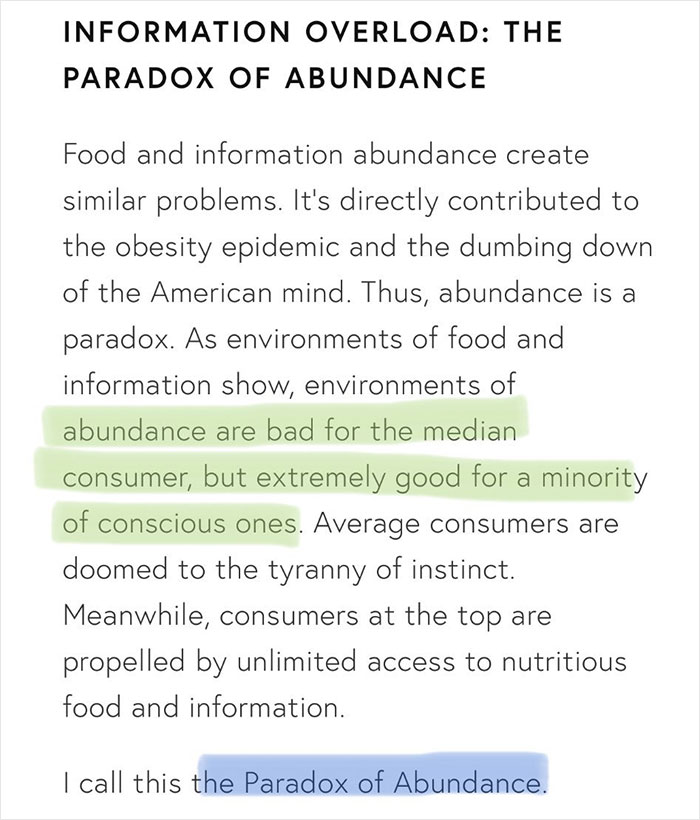
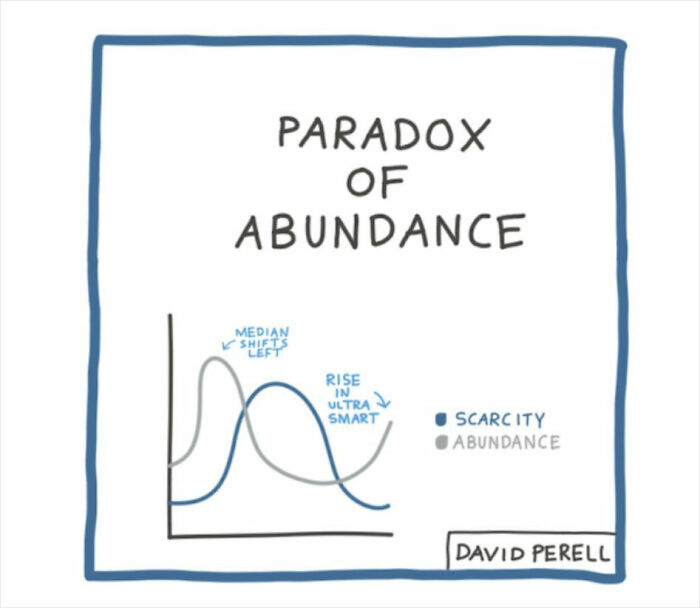
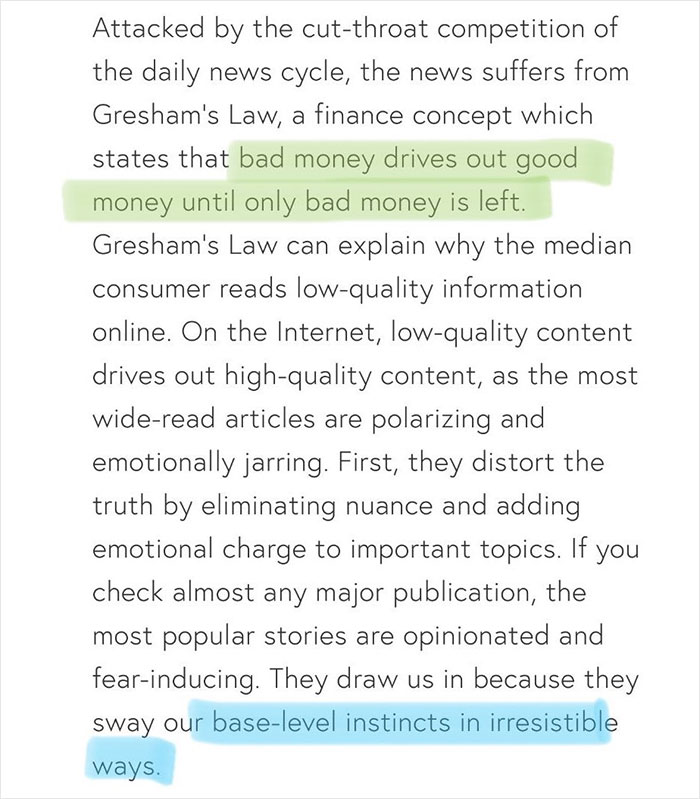
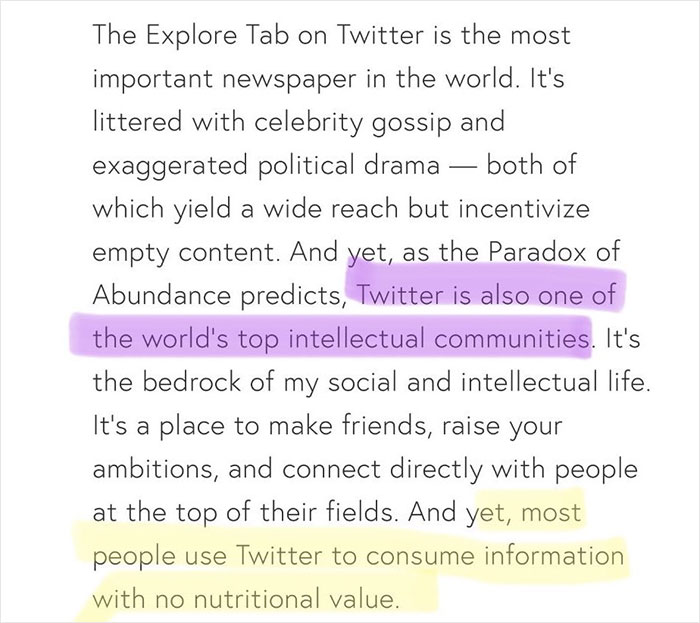
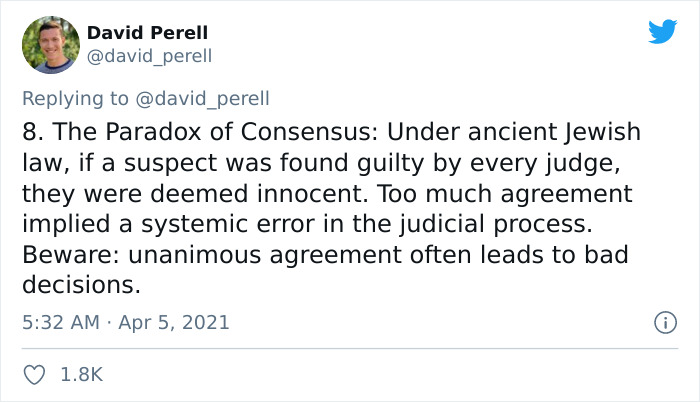
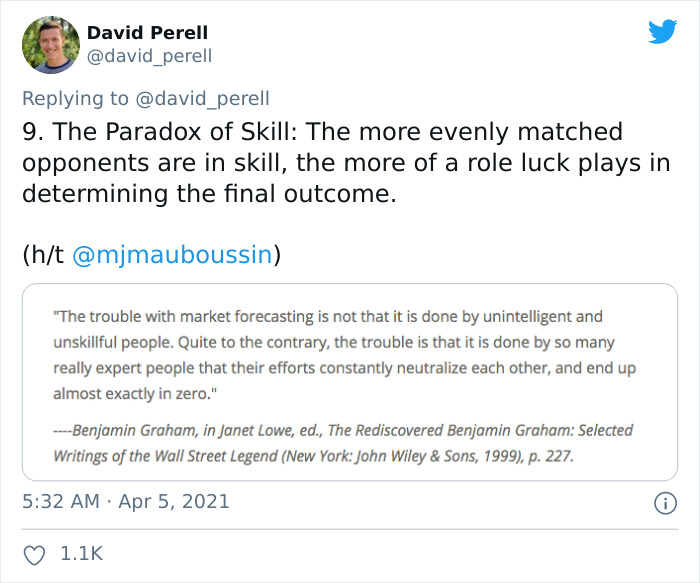
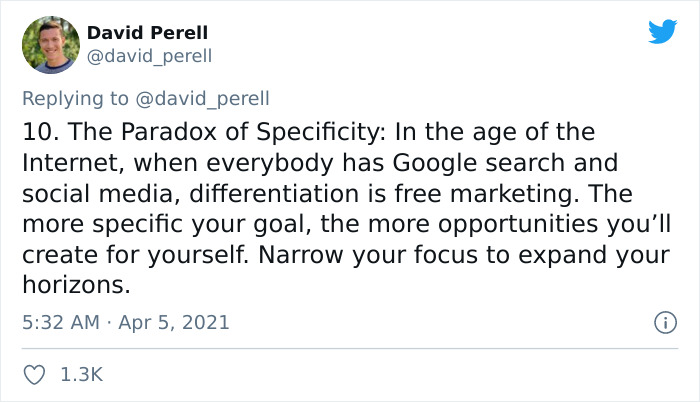
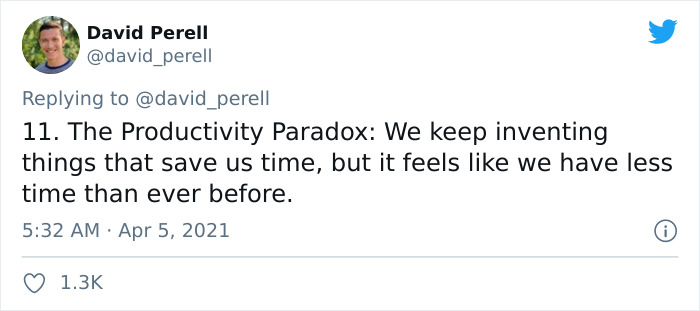
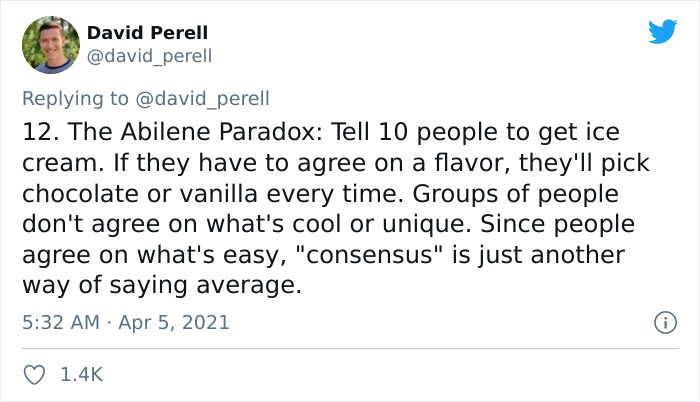
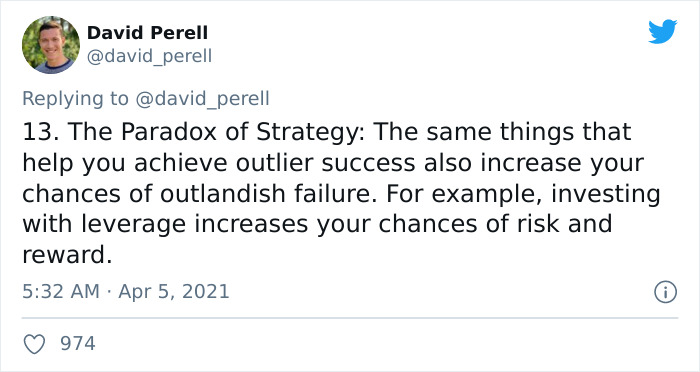
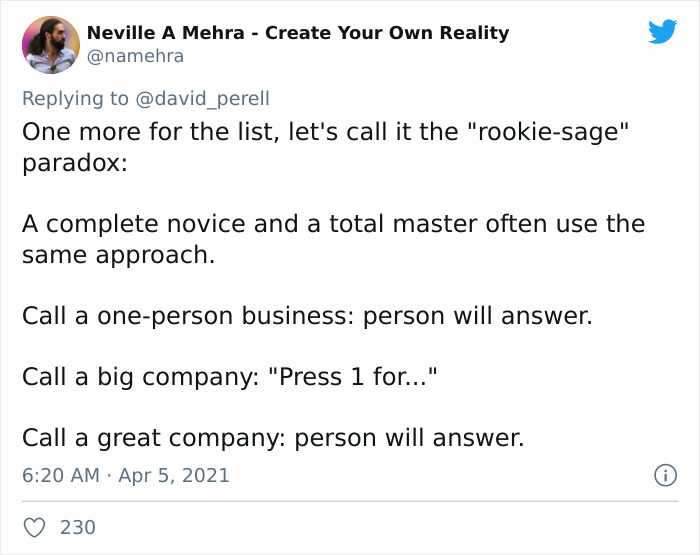
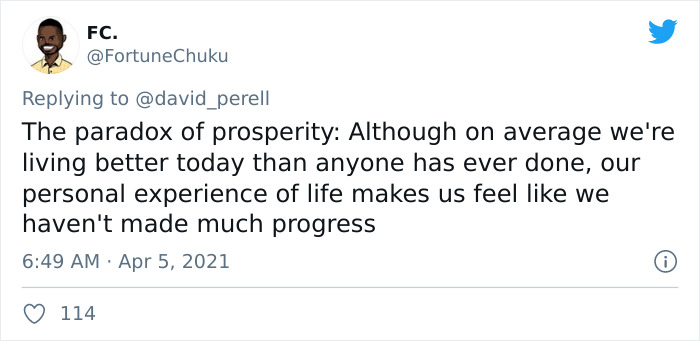
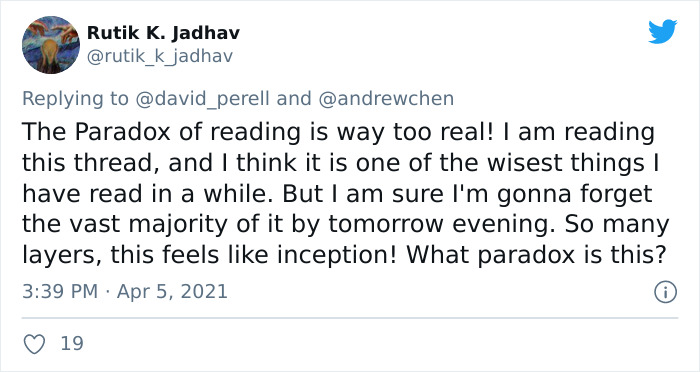
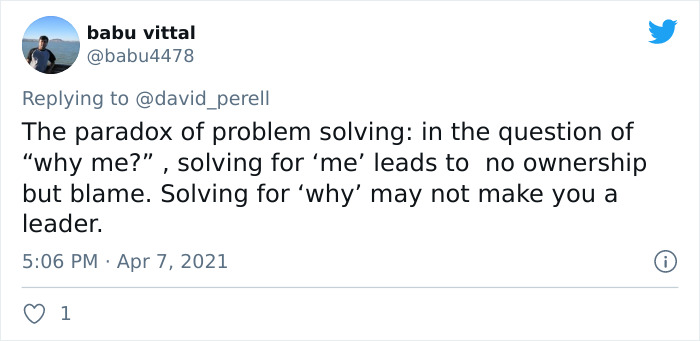
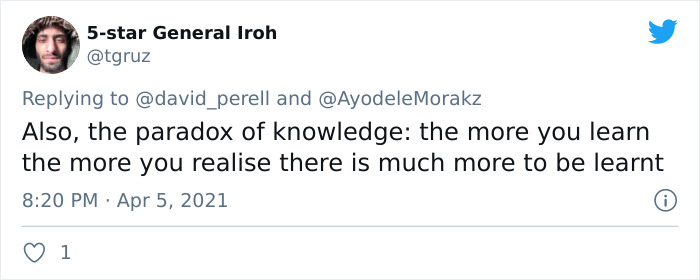
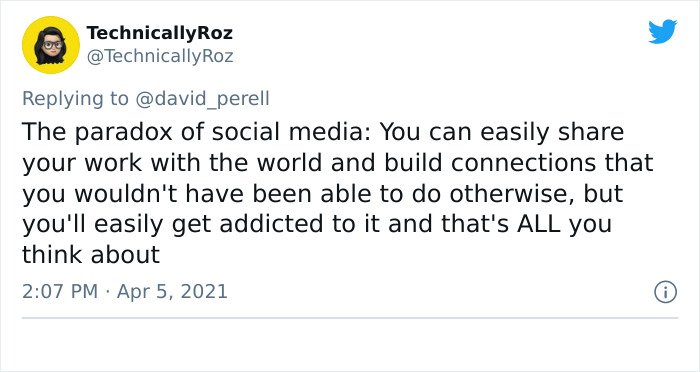
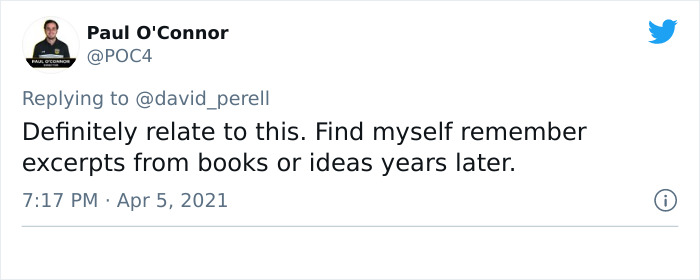
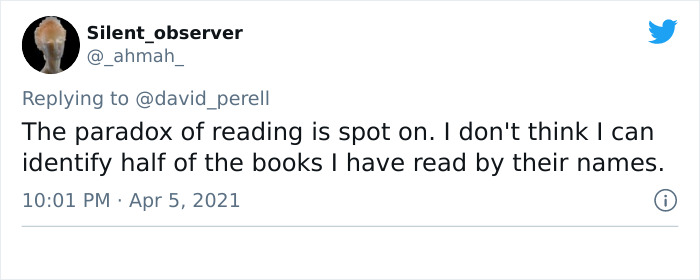










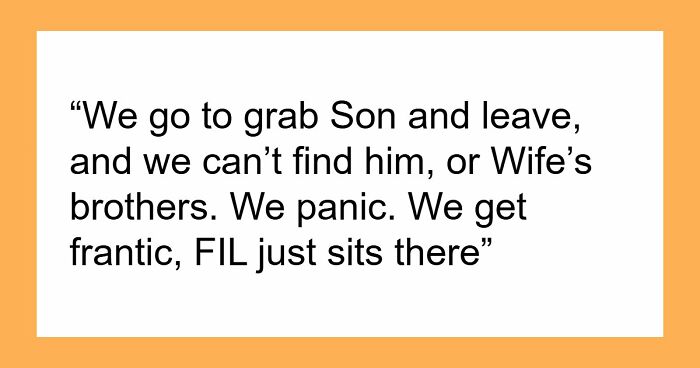
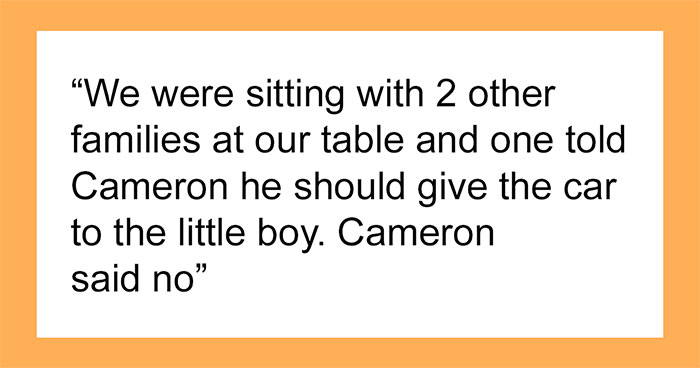
























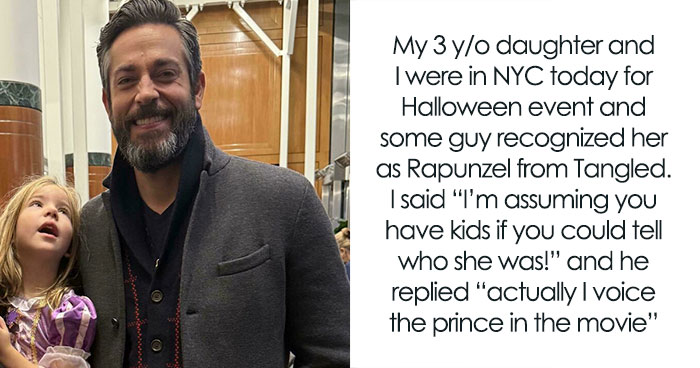







224
45